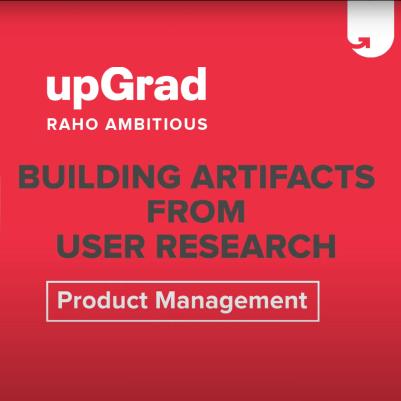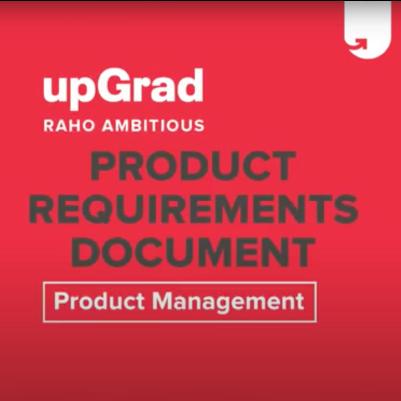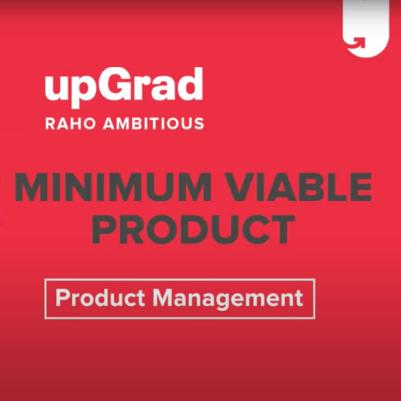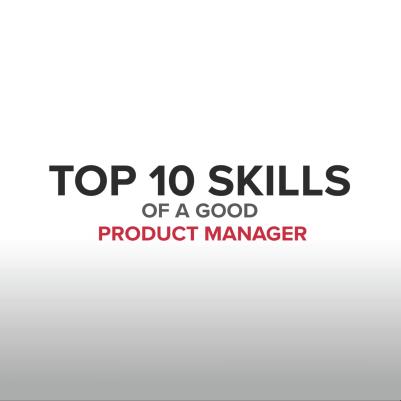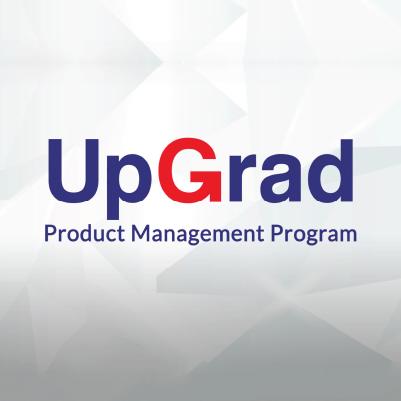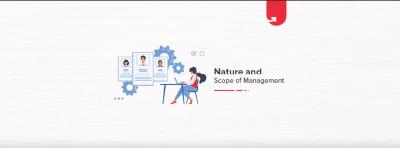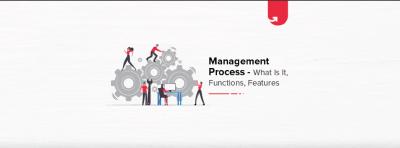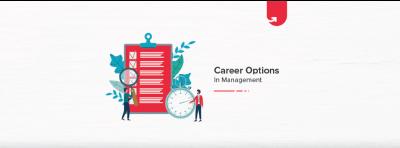All courses
Fresh graduates
- Study abroad
- Offline centres
More
Research Methodology Courses Online
A research methodology always begins with a research problem or question. This is the first step that defines the statement of an issue or the area of concern.
20(1)-70997669bd1a4ba2b565901e0eae2fa5%20(1)-de9c82be352d44bcb6a48fecf60b4465.jpeg&w=3840&q=75)
Research Methodology Course Overview
What is Research?
Research is the process of collecting information about a particular subject through a meticulous search. It is the experimentation or investigation intended to find and understand facts and review accepted theories or laws in the context of new facts or real-world applications.
In other words, research is a unique and systematic exploration to enhance existing knowledge and establish principles and facts. Many people consider research as an expedition of innovation of new knowledge.
Without a proper research methodology, you can’t effectively accomplish your research. Research methodology is a systematic and creative method adopted to enhance the stock of knowledge. It involves the assortment, organisation, and investigation of information to enhance the understanding of a topic. A research methodology may be used in those research projects that aim to expand past work in the field. It may also be used to test the legitimacy of experiments, instruments, or procedures.
The fundamentals of research methodology serve as a vital source for offering norms or guidelines for solving problems in different industries. It is an assortment of formal research methodology training that helps you understand the new developments going on in a particular field. For example, pursuing a research methodology course in social sciences trains you to conduct extensive research and try to uplift society's social standards.
A research methodology always begins with a research problem or question. This is the first step that defines the statement of an issue or the area of concern. This research problem should be tested or discovered; it must not be too detailed or vague. With this problem statement, you can determine the objectives of the research.
Determining the research objective is one of the key facets of research methodology. The research objectives describe the research intention to discover something. From these objectives, the researchers form a hypothesis (the prediction or assumption or prediction tested by the research). The remaining part of the research is carried out to either support or discredit the hypothesis.
From various research methodology courses available, you can begin with a basic research methodology course to learn how to conduct research. The courses also impart training on various techniques, types of research, the most suitable research method based on the problem statement, etc.
Management Course Instructors
Learn From The Best
Learn from industry leaders in our management courses, offering real-world insights and expertise. Be the best by learning from the best in the industry.
12
Instructors
Management Projects
Learn by Doing
Apply management theories to practical scenarios, enhancing your leadership skills. Be prepared to tackle real-world problems with our online management courses
2+
Projects
Success Stories
What Our Learners Have To Say
Management Videos
You Might Like To Watch
Learner Support and Services
How Will upGrad Supports You
upGrad Elevate: Virtual hiring drive giving you the opportunity to interview with upGrad's 300+ hiring partners
Job Opportunities Portal: Gain exclusive access to upGrad's Job Opportunities portal which has 100+ openings from upGrad's hiring partners at any given time
FAQs on Research Methodology Courses
1. When is a qualitative research methodology suitable?
A qualitative research study is suitable when you want to understand customers’ viewpoints and feelings. This instinctive, highly subjective personal input can be attained only using qualitative research. Qualitative research only deals with smaller samples. For example, expert moderators being imaginative by the time restraints of a quantitative survey, employs a host of techniques during long interviews to attain in-depth information.
2. How to determine product demand after an alteration in features, price, and/or distribution channels?
Research's simulation software helps to examine the price, features, and/or distribution channels. By modifying the product's features or price, the simulation software automatically shows the resultant price share of your company's product as well as all competing products. Moreover, the simulation software is custom written depending on the outcomes of a choice modelling survey. Using a research's simulation software, you can observe the incremental changes due to changes in certain features of the product.
3. What should be considered when doing observational research?
The following aspects are important to consider for observational research. (i) Don’t get involved in the dynamics of the situation. (ii) Record your feelings and impressions. Ask yourself how you feel while observing –surprised, frightened, amused, excited, anxious, etc. Now correlate your feelings to what you were observing. (iii) Record the situation’s context: time, place, numbers of participants, participants’ gender, etc. (iv) Record your thoughts during the observation. Now check whether the situation reminds you of anything similar. (v) Record all of the collected information in a journal. You can use abbreviations if required.
4. What should be considered when doing topical research in an interview?
(i) Plan your research questions and share them with the participant(s). (ii) Consider various forms of information sources like online websites, journals, encyclopaedias, newspapers, and magazines. (iii)Record the interview. (iv) After the interview concludes, you have to transcribe (copy) what was told during the interview. (v)Replay the interview; compare it to your notes, and make any corrections required. (vi)Share the printed copy of the interview among the participants.
5. What is the survey method of research?
The survey method of research involves asking questions regarding the occurrence of interest. In other words, this method gathers data for a study by inquiring people with questions about your research. Usually, researchers survey people who own specific knowledge or experiences about the study. Using the survey method, they prepare a formal list of questions to be asked to the participants. Moreover, they may distribute it to each participant online or in the mail. Subsequently, they can use the participants’ answers to understand the public perceptions or experiences about a particular product or service.
6. How to conduct a Q Study?
The basic steps involved in the Q Study process are as follows. A heterogeneous set of items (known as a Q sample) is taken from the concourse. Next, a group of respondents (called P set) is asked to rank-order (Q sort) the Q sample over a standardised continuum as per a specified condition of instruction. Based on their psychological significance, participants Q sort the Q sample. The resultant Q sorts are delivered to correlation and factor analysis. Finally, the interpreted results contribute to operant subjectivity.
7. How does research methodology help in business?
Usually, organisation members need to know all aspects of their services, products, programs, etc. Their research plan depends on the information to be collected to make key decisions about a program, service, product, etc. The research methodology offers essential information which directs managers to make cognizant decisions to resolve the problems. In businesses, the research methodology proves to be more efficient if they are more focused on their products, resources, and environments. Moreover, the use of research methodology saves time and cost.
8. Which are the key aspects of research design?
The important aspects of research design are dependent and Independent variables, extraneous variables, control, and confounded relationships.
9. How to conduct research effectively?
Following these steps makes your research effective. (i) Formulate the research problem (ii)Prepare extensive literature review (iii)Develop the objectives (iv)Prepare the Research Design, including the Sample Design (v)Data Collection (vi)Data analysis (vii)Generalisation and Interpretation (viii)Preparation of the Presentation or Report of the Results.
10. Which are the top 5 methods used in Psychology Research?
1) Observation Method: It finds explanations based on the observation. 2) Experimental Method or Experimental Observation: It involves the development of certain stimulating conditions or presenting certain impetuses that would produce a certain response. 3) Psychological Experiment: It studies the modifications in action, appearance, feelings, emotion, etc. 4) Variables – the variables like Dependent, Independent, and Intervening: experimentally studies the effect by considering a group of subjects. 5) Control: It instructs the experimenter to maintain experimental conditions uniform.
11. Where does the research process usually begin?
The research process usually begins with discovering a problem, followed by creating research questions or objectives. Based on the prepared research questions and objectives, researchers determine how best to respond to these questions. Accordingly, they determine what information to gather, how to gather it, and how it would be examined to answer the research questions.
12. How does research methodology prove to be important?
A research methodology provides research legitimacy and scientifically sound conclusions. The detailed plan derived from the particular research methodology helps researchers to stay on track. This makes the research process manageable and effective. Researchers who get criticism can refer to the corresponding research methodology and enlighten their approach. They can work on a specific plan to be followed all through their research. Moreover, the research methodology’s design process helps researchers choose the appropriate methods for the objectives.
13. Which are the types of sampling design in research methodology?
Two types of sampling design in research methodology are Probability sampling and non-probability sampling. The probability sampling method uses a random sample generated from the group of people or products you are interested in, known as the population. It is random sampling. Non-probability sampling is not random because the researcher purposely chooses people or products for the sample. Other non-probability sampling methods are judgement sampling, deliberate sampling, or purposive sampling.
14. Which are the common data collection methods in research?
After a researcher has confirmed their population sample, they have to determine how to collect data. The best data collection method chosen depends on the research topic, methodology, population sample, and type of data. Though there are various methods to collect the data, people mostly group them in ways like Surveys, Interviews, Observations, Focus groups, records, and Documents.
15. What key factors to consider when selecting a research methodology?
(i) The research objective: Researchers first determine the information required to fulfil the objectives. Accordingly, they choose a suitable research methodology. (ii) Type of data: Determine whether you need concise/data-driven research results/statistical answers or an understanding of perceptions/reasons/motivations/opinions. (iii) Nature of the research: Choose the one from qualitative or quantitative data collection. (iv)Sample size: How large should the sample be to answer the research questions and fulfil the objectives? (v) Time available: For time constraints, techniques like random or convenience sampling and tools must be considered. If more time is available, you can consider data collection or in-person interviews, or observation methods.
16. Which research methodology is the best?
You can choose either qualitative or quantitative research methodology depending on your needs. The qualitative research methodology is best because –(i) It uses a subjective and inductive approach. (ii) It employs an open and flexible approach. (iii) It can collect word-based data through focus groups and interviews.
The quantitative research methodology is best because –(i) It uses an objective and deductive approach. (ii) It employs a closed and highly strategic approach. (iii) It can collect numeric data through surveys or laboratory instrumentation experiments.
17. Why is a methods section important in research methodology?
The methods section allows you to share how you carried out your research and state the reason for choosing the methods. It helps you demonstrate that your research was meticulously conducted and can be duplicated. Moreover, it gives your research legitimacy and positions it in your field, and also helps your readers to refer to it if they have any queries or critiques in other sections. This section proves your research to be legitimate because it describes your data collection methods.


upGrad Learner Support
Talk to our experts. We are available 7 days a week, 10 AM to 7 PM
Indian Nationals
Foreign Nationals
Disclaimer
The above statistics depend on various factors and individual results may vary. Past performance is no guarantee of future results.
The student assumes full responsibility for all expenses associated with visas, travel, & related costs. upGrad does not .










%20(1)-d5498f0f972b4c99be680c2ee3b792d7.svg)












-ae8d039bbd2a41318308f8d26b52ac8f.svg)
-35c169da468a4cc481c6a8505a74826d.webp&w=128&q=75)
-7f4b4f34e09d42bfa73b58f4a230cffa.webp&w=128&q=75)










































